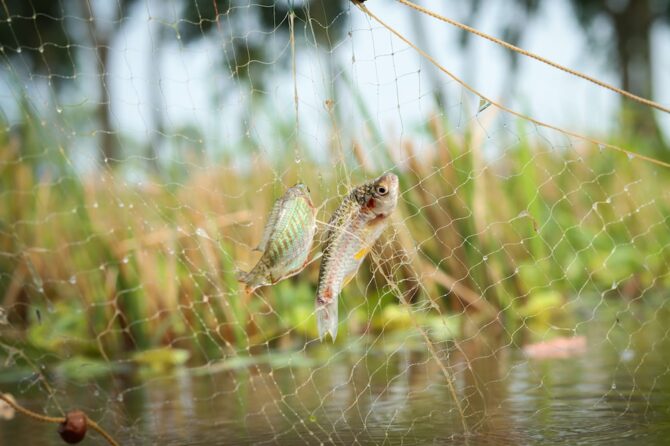The textile industry in Eastern Nigeria is currently experiencing a period of rapid growth and expansion. The region is known for its production of high-quality fabrics, including cotton, polyester, and blends. These fabrics are used to create a wide range of clothing items, from traditional garments to modern fashion pieces.
One of the key factors driving the success of the fabric and clothing business in Eastern Nigeria is the availability of affordable labor and skilled craftsmen. The region has a large pool of talented artisans who possess the expertise to produce intricate designs and patterns. This skilled workforce contributes to the production of high-quality fabrics and clothing that meet international standards.
Moreover, Eastern Nigeria benefits from its proximity to local sources of raw materials, particularly cotton. Local farmers play a crucial role in supplying the textile industry with high-quality cotton, ensuring a steady supply chain. This integration of backward production processes, from cotton farming to textile manufacturing, enhances the efficiency and competitiveness of Eastern Nigeria’s fabric and clothing business.
Investment Opportunities for Textile Entrepreneurs in Eastern Nigeria
The thriving fabric and clothing business in Eastern Nigeria presents lucrative investment opportunities for textile entrepreneurs. The region’s favorable business environment, coupled with the growing market demand, makes it an ideal location to establish textile manufacturing units and related businesses.
One of the key investment opportunities lies in the establishment of textile mills. Investors can set up spinning, weaving, printing, dyeing, and finishing units to produce a wide range of fabrics. The integration of these processes under one roof allows for greater control over quality and production efficiency.
Additionally, there is a growing demand for garment manufacturing in Eastern Nigeria. Textile entrepreneurs can invest in state-of-the-art garment factories equipped with modern machinery and skilled workers. By leveraging the region’s rich fabric production capabilities, these factories can produce high-quality garments for both domestic and international markets.
Furthermore, there is immense potential for the development of fashion brands in Eastern Nigeria. Entrepreneurs can create their own clothing lines, showcasing the unique designs and cultural influences of the region. By tapping into the growing demand for African-inspired fashion, these brands can establish a strong presence in both local and international markets.
Challenges and Future Outlook
Despite the promising growth of the fabric and clothing business in Eastern Nigeria, there are challenges that need to be addressed. Insufficient access to funds, inadequate infrastructure, and the presence of counterfeit products in the market pose significant hurdles for entrepreneurs and investors.
However, with the government’s commitment to supporting the industry and the region’s rich textile heritage, Eastern Nigeria has the potential to become a leading textile hub in Africa. By leveraging local resources, investing in modern technology, and fostering collaboration between industry stakeholders, Eastern Nigeria can position itself as a powerhouse in the global fabric and clothing market.
In conclusion, the fabric and clothing business in Eastern Nigeria is experiencing a period of rapid growth and offers lucrative opportunities for textile investors. With a rich textile heritage, skilled workforce, and government support, Eastern Nigeria has the potential to become a leading textile hub in Africa. By capitalizing on these opportunities and addressing existing challenges, entrepreneurs can contribute to the growth and development of the fabric and clothing industry in Eastern Nigeria.












